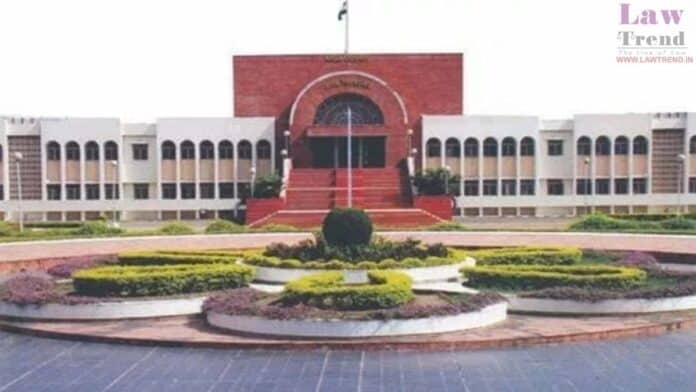In a significant ruling, the Bombay High Court has held that recording a conversation in a police station does not violate the provisions of the Official Secrets Act, 1923. The court quashed the charges under the Act filed against two applicants, stating that a police station is not classified as a “prohibited place” under the
To Read More Please Subscribe to VIP Membership for Unlimited Access to All the Articles, Download Available Copies of Judgments/Order, Acess to Central/State Bare Acts, Advertisement Free Content, Access to More than 4000 Legal Drafts( Readymade Editable Formats of Suits, Petitions, Writs, Legal Notices, Divorce Petitions, 138 Notices, Bail Applications etc.) in Hindi and English.




